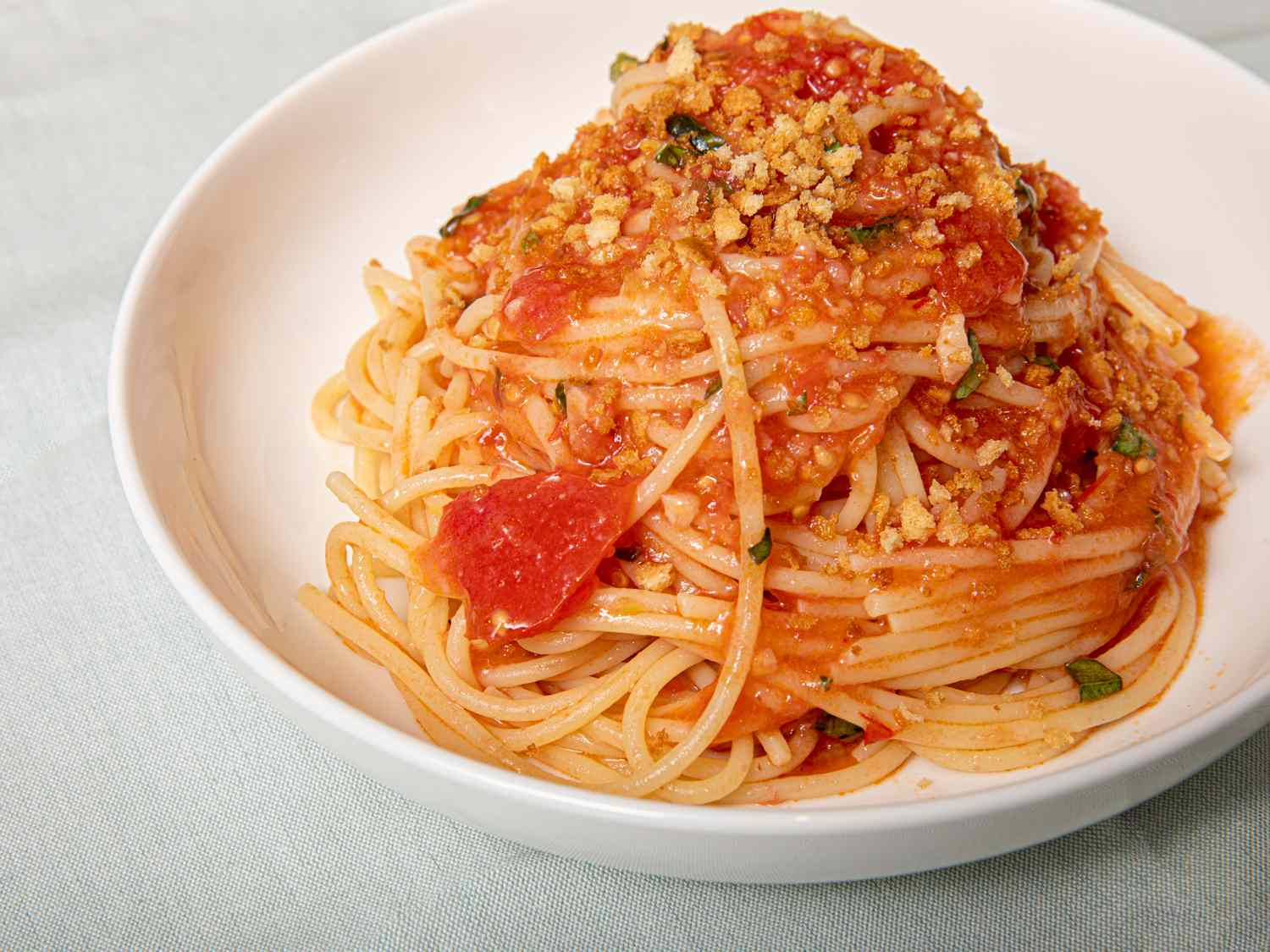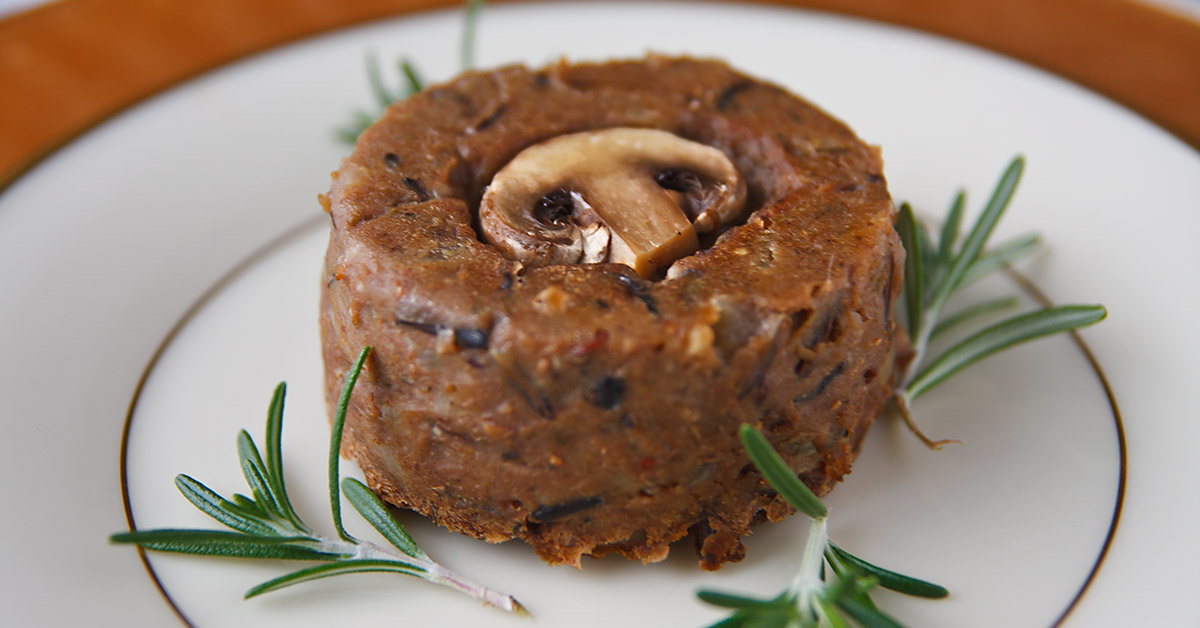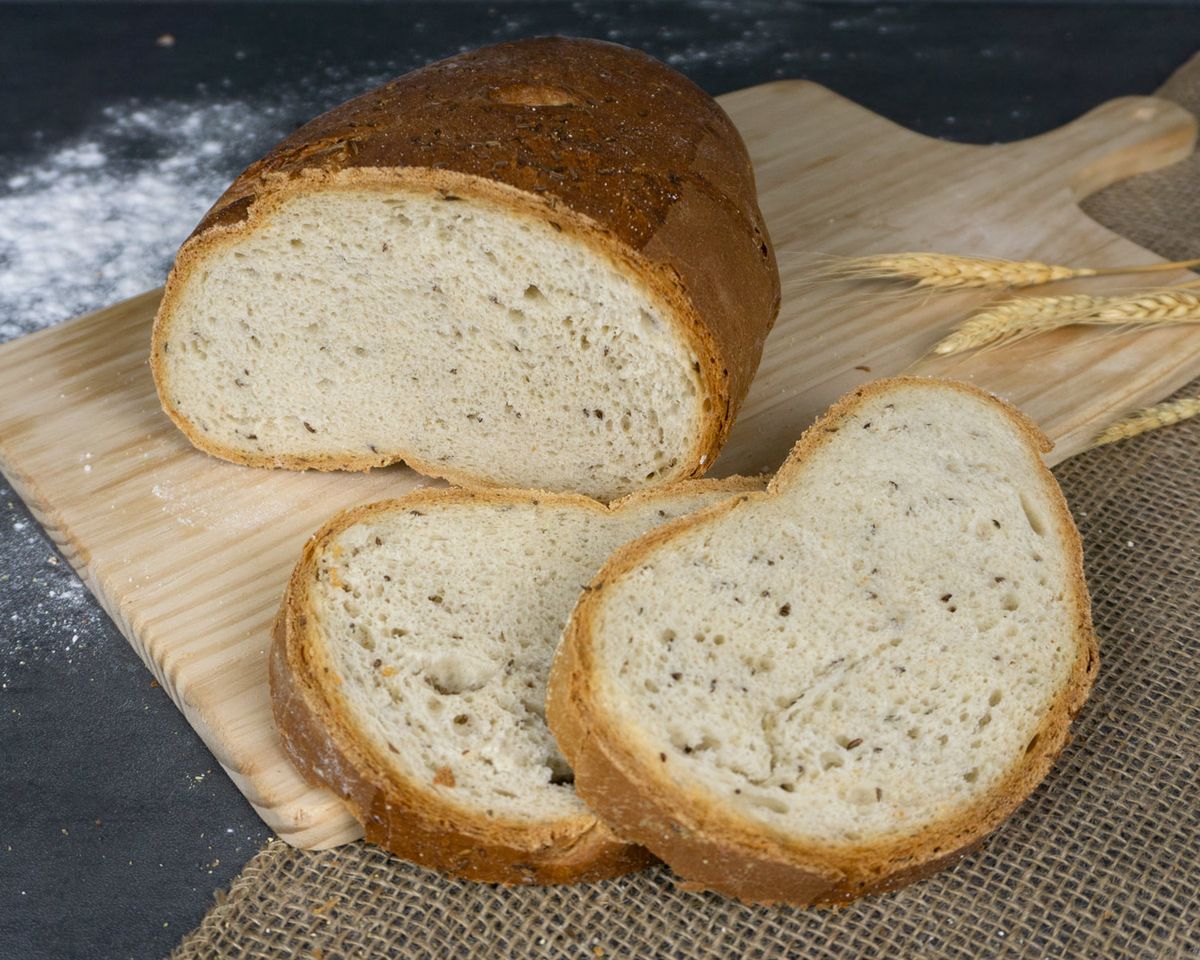Understanding the Role of Salt in Flour
When it comes to baking, flour is a key ingredient that serves as the foundation for many delicious recipes. However, you may have noticed that some recipes call for salt to be added to the flour. But what exactly is the purpose of salt in flour, and how does it affect the final product?
The Role of Salt in Baking
While salt is often associated with savory dishes, it plays a crucial role in baking as well. When salt is added to flour, it serves several important functions:
- Enhancing Flavor: Salt is known for its ability to enhance the natural flavors of ingredients. When added to flour, it helps bring out the taste of the other components in the recipe, resulting in a more well-rounded and delicious final product.
- Controlling Yeast Activity: In recipes that call for yeast, salt helps regulate the activity of the yeast. By controlling the fermentation process, salt contributes to the overall structure and texture of the baked goods.
- Improving Shelf Life: Salt can also help extend the shelf life of baked goods by slowing down the staling process. This means that your homemade breads and pastries will stay fresher for a longer period of time.
Types of Salt for Baking
When it comes to choosing the right salt for baking, there are a few different options to consider:
- Table Salt: This fine-grained salt is the most commonly used in baking. It dissolves easily and distributes evenly throughout the flour.
- Kosher Salt: With its larger, flakier crystals, kosher salt is a popular choice among professional bakers. It’s known for its clean, pure taste and is often used to enhance the flavor of baked goods.
- Sea Salt: Harvested from evaporated seawater, sea salt adds a unique depth of flavor to baked goods. Its coarse texture and natural minerals can bring a distinctive taste to your recipes.
How Much Salt to Add to Flour
When adding salt to flour for baking, it’s important to follow the recipe’s guidelines. The amount of salt can vary depending on the type of baked goods you’re making and personal preference. As a general rule of thumb, a teaspoon of salt per cup of flour is a common ratio for many recipes.
Conclusion
While salt may seem like a small component in the world of baking, its impact on the flavor, texture, and shelf life of baked goods should not be underestimated. By understanding the role of salt in flour, you can elevate your baking skills and create delectable treats that are sure to impress.
So, the next time you reach for the flour and salt to whip up a batch of cookies or a loaf of bread, remember the important role that salt plays in the baking process.
Was this page helpful?
Read Next: What Is Dry Butter











